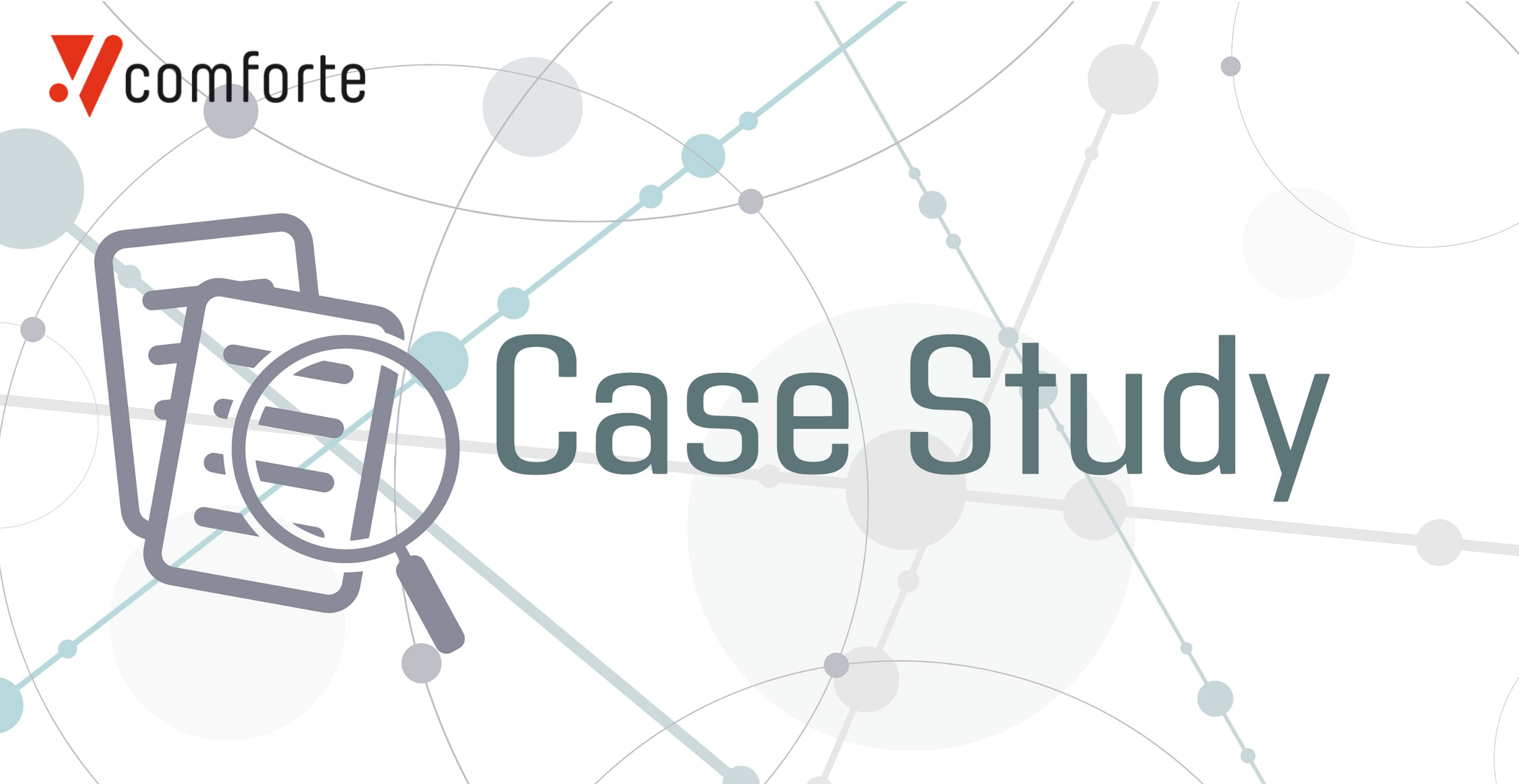You might not realize it, but if you are involved in an innovation project that is aiming to generate additional business value by leveraging data and analytics, your success very much depends on your organization’s CISO and the team around that function. Don’t believe me? Well, read on.
Big Data Privacy & Security Challenges
We know that BIG DATA is EVERYWHERE. In fact, it has gotten so pervasive that Gartner is starting to change their use of the term Big Data to simply “data and analytics." Because, well, that is what Big Data is all about, isn’t it? Today’s analytics have become more sophisticated and more powerful than ever before. It is a good time to be alive for people who love to crunch data and who are constantly looking for patterns.
Data is the new gold/oil/black and almost every organization has embarked on a quest to find the holy grail of data monetization.
However, because data has become so pervasive and valuable, the cases of data abuse and theft have skyrocketed. This has created a new sense of importance and urgency for privacy in our society. As Lead Analyst at KuppingerCole Amol Singh points out the sheer volume of data now available to organizations is becoming harder to comprehend and subsequently harder to manage and protect.
Therefore, it should not come as a surprise that privacy laws and regulations are becoming increasingly stricter, which is clouding the skies for data-driven innovators. Even worse, these laws and regulations are not just toothless paper tigers anymore:
- In France, Google was hit with a €50m fine for a GDPR violation.
- The German Bundeskartellamt imposed a severe restriction on Facebook, prohibiting them from combining user data from different sources without explicit user consent.
- Since the GDPR went into full effect, European data protection authorities have received over 59,000 data breach reports
And no, these developments are not limited to GDPR. There are already examples of data privacy laws around the globe which are very GDPR-like.
A common misconception about Big Data Security Solutions
When it comes to addressing the requirements of these data privacy laws and regulations, data-centric security is a key ingredient.
A common objection to this view is something like “But security is all about restricting access to data and limiting the use of it. Meeting privacy requirements is about securing data. And securing big data means not being able to analyze it properly.”
Actually, that is not true.
The CISO's Big Data Security tools include the means of protecting data while keeping it usable for most of your Big Data processing and analytics, no matter if it is on-premises or in the cloud.
3 Ways how Data-centric Security enables Big Data Innovation
For some reason this is a well-kept secret, so let me tell you what that actually means and how it benefits you as someone who needs data to innovate:
- Data-centric security can help you to get all privacy & compliance hurdles out of the way that you might encounter while trying to collect the data that you need (inside and outside your organization).
- Data-centric security ensures that access to Big Data stores is not shut off due to privacy & compliance violations.
- And data-centric security enables secure analysis – the ability to perform analytics without un-protecting the data first.
Check out our Big Data Security page to learn more.






